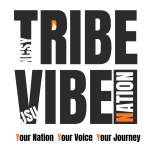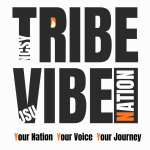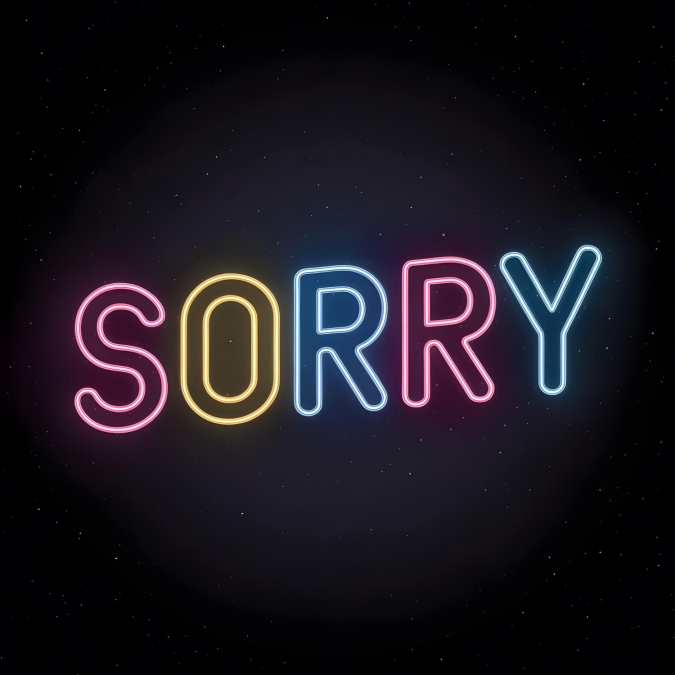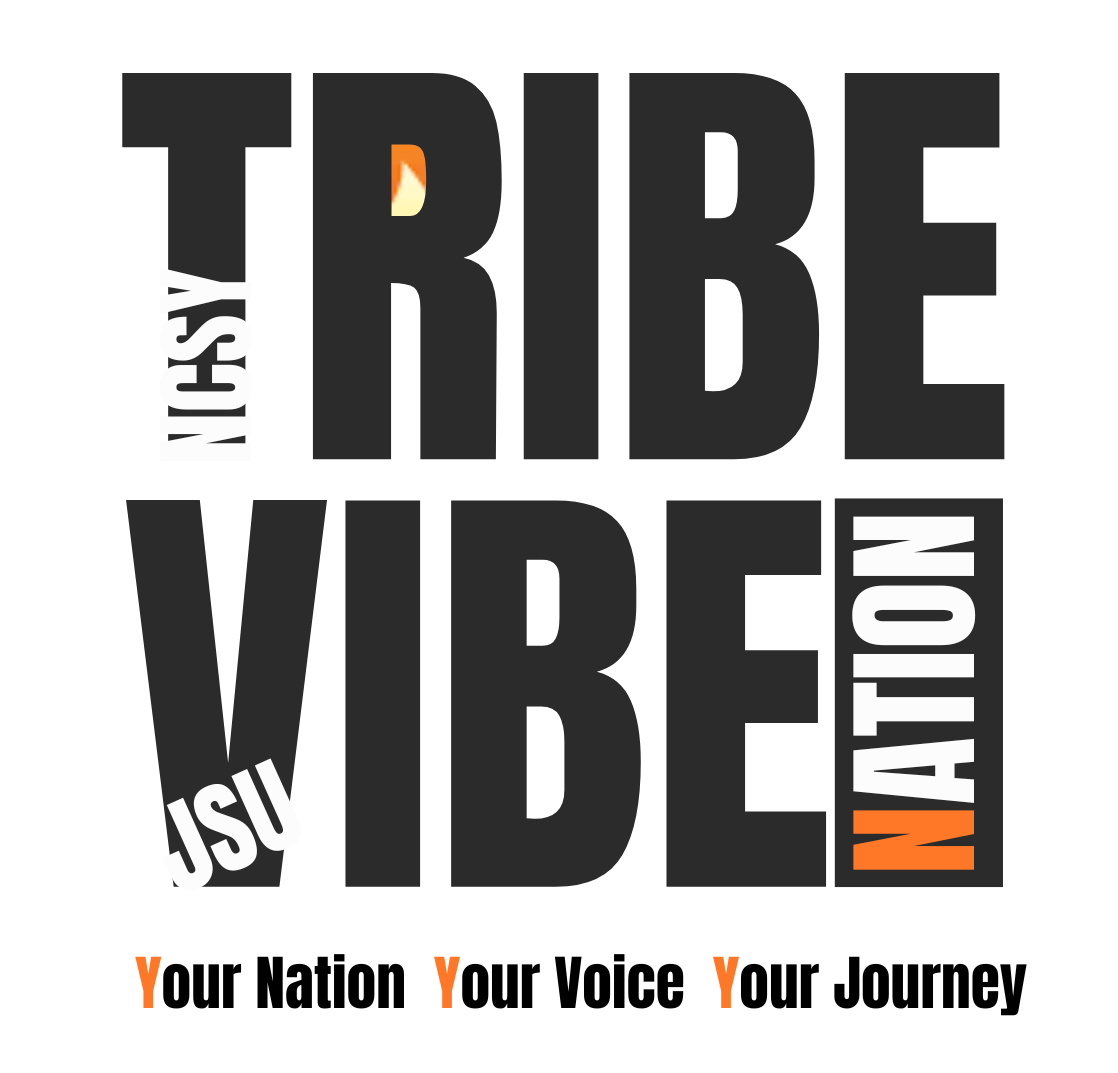During the Jewish High Holidays, Rosh HaShana and Yom Kippur, two major themes stand out: forgiveness and redemption. These ideas are all about hitting the reset button, starting fresh, and getting back on the right path. Whether you’re thinking about your own mistakes, your relationships with others, or your connection to God, these holidays give you the chance to reflect and grow. Let’s break it down.
Forgiveness (Selichah)
The High Holidays focus a lot on forgiveness. We ask for forgiveness from God and from each other so that we can spiritually recharge and start the new year with a clean slate.
Three Levels of Forgiveness:
- Between People: Before Yom Kippur, we’re expected to say sorry to anyone we’ve hurt. Yom Kippur is about making things right with God, but we have to fix our issues with other people ourselves.
- Divine Forgiveness: On Yom Kippur, we ask God to forgive us for mistakes we’ve made in our relationship with Him. This is why we spend the day fasting and praying—it’s all about reflecting, seeking mercy, and becoming better people.
- Self-Forgiveness: Sometimes, the hardest person to forgive is yourself. But holding onto guilt can stop you from moving forward. Judaism encourages self-forgiveness after genuine reflection and change (known as teshuvah).
Redemption (Geulah)
Redemption means freeing yourself from the baggage of past mistakes and looking forward to a fresh start. It’s not just about you personally—it’s also about the Jewish community’s hope for a brighter future, like the coming of the Mashiach (Messiah).
Two Kinds of Redemption:
- Personal Redemption: During the High Holidays, teshuvah (repentance) is like your own personal redemption. It’s about fixing your mistakes and starting over. A cool symbol of this is Tashlich, where you throw bread into water to “cast away” your sins on Rosh HaShana.
- National Redemption: The Jewish people also look forward to collective redemption, like when the Messiah comes and brings harmony between God and the world. The High Holidays remind us that this is the ultimate goal, keeping hope alive for the future.
Teshuvah: The Road to Forgiveness and Redemption
Teshuvah is the big thing during the High Holidays. It’s the process of turning back to God and making things right. There are three steps:
- Regret: You’ve got to feel bad about what you did (not just fake it).
- Confession: Own up to your mistakes. Admit them to God and, when needed, to the people you’ve wronged.
- Commitment to Change: Promise to do better in the future and actually mean it.
Through teshuvah, you not only get forgiveness, but you can also redeem yourself and become a better version of you.
The Role of Yom Kippur
Yom Kippur is like the final round of the High Holidays. It’s the day where you go all in on seeking forgiveness and starting fresh. You spend the day fasting, praying, and reflecting on your actions. One of the first prayers we say on Yom Kippur, Kol Nidrei, is all about letting go of past promises and mistakes, so you can begin the new year without carrying all that extra weight.





Add a Comment